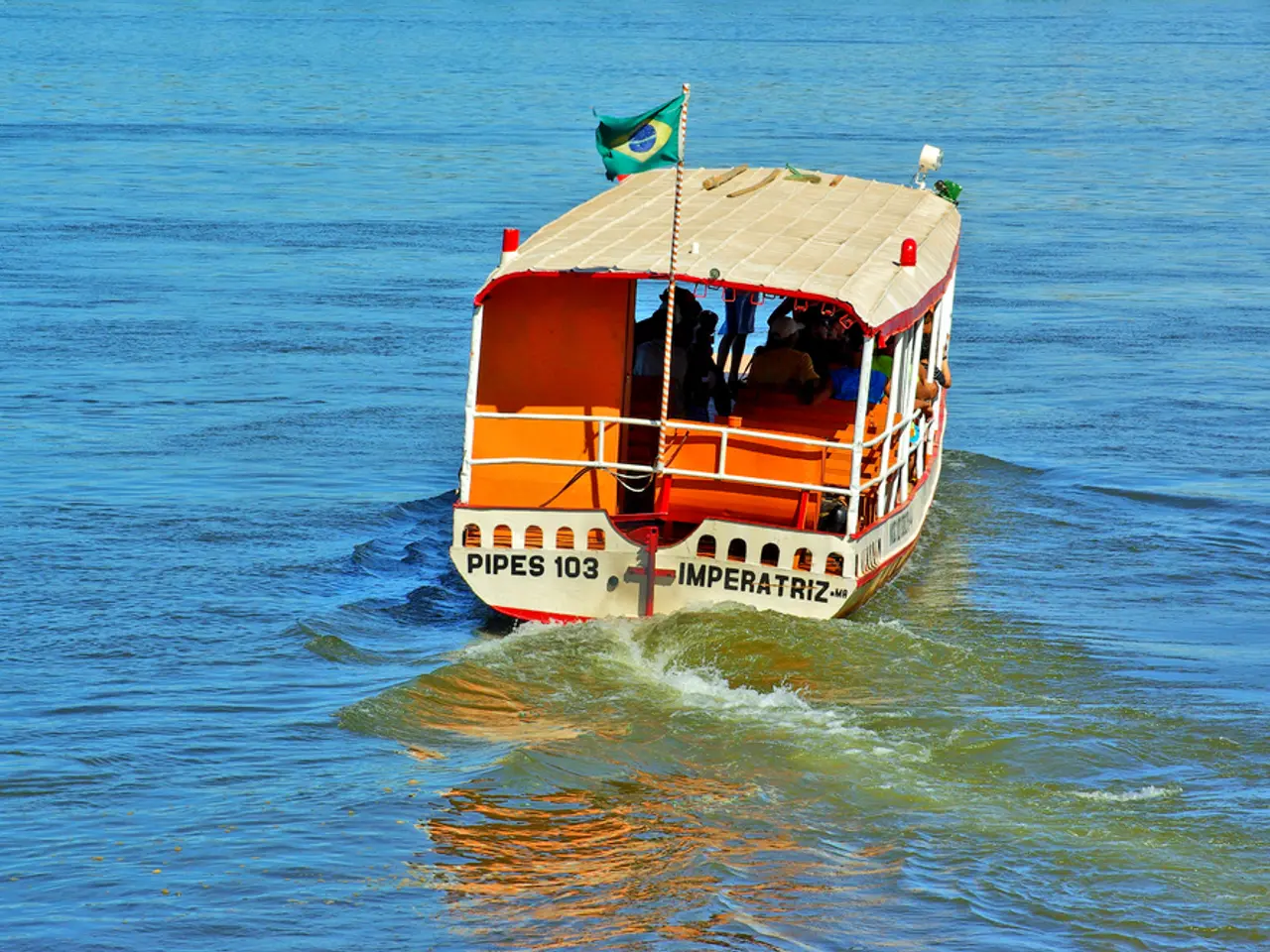Delivering Essential Nourishment Over Conflict: The Sumud Flotilla's Quest for Aid to Gaza
The Sumud Flotilla, a coalition of activists and humanitarians, is on a mission to break the long-standing siege of Gaza and deliver much-needed supplies. This flotilla, named after the Arabic word for "steadfast perseverance," is seen as a form of democracy from below, forcing governments to confront their own inaction and the legal duties they've avoided.
The flotilla consists of a coordinated civilian fleet, with dozens of vessels and hundreds of participants from across 40+ countries. The mission is to deliver life-saving supplies to the over two million Palestinians in Gaza who have been suffering from catastrophic shortages of food, clean water, and medical supplies for years. UN agencies and rights investigators have warned of these dire conditions, with infant formula and baby milk among the most desperately needed.
Gaza has been under a blockade enforced by Israel and Egypt for over 17 years, restricting the flow of goods, medicine, and basic necessities. This blockade has been met with international criticism, with several of the backing nations being major regional powers. If Israel boards or attacks the vessels, it may face diplomatic retaliation, sanctions, or new filings at the International Court of Justice.
The flotilla has faced political attacks, with Israel's Diaspora Affairs Ministry alleging ties to Hamas and the Muslim Brotherhood. However, the UN Human Rights Council-appointed team has concluded that Israel's actions in Gaza constitute genocide (accusations Israel denies).
In the past, earlier Freedom Flotilla coalition boats have been intercepted in international waters, with activists reporting beatings, detention, interrogation, and deportation. Two suspected drone attacks on vessels off Tunisia have been reported, causing minor damage but no severe injuries.
The Sumud Flotilla has received unprecedented international backing, with sixteen nations publicly declaring the mission civilian, lawful, and humanitarian. The Spanish central government in Madrid and the Barcelona city council officially support the Global Sumud Flotilla; Spain's Deputy Prime Minister Yolanda Díaz has called for suspending diplomatic relations with Israel.
Thousands of people have rallied in cities such as Tunis, Barcelona, Genoa, Paris, Naples, and beyond, turning ports into stages of solidarity for the Sumud Flotilla. If Israel boards and seizes vessels (Scenario 2), there could be dozens or hundreds of detained and deported activists. This could lead to diplomatic actions, legal cases, economic sanctions, and cultural boycotts.
If lethal force is used and mass casualties occur (Scenario 3), there could be an emergency UNSC session, mass protests worldwide, and a global tipping point, potentially leading to large-scale divestment, port blockades, union refusals to handle Israeli-linked shipping, and cultural/academic boycotts.
The test for the backing nations is whether they back their statements with actions, such as coordinated demarches, legal moves, economic pressure, and potentially organized maritime protection for future civilian convoys. If they fail to act, Israel's impunity could reset, but if they do act, the blockade's legitimacy could begin to crack.








